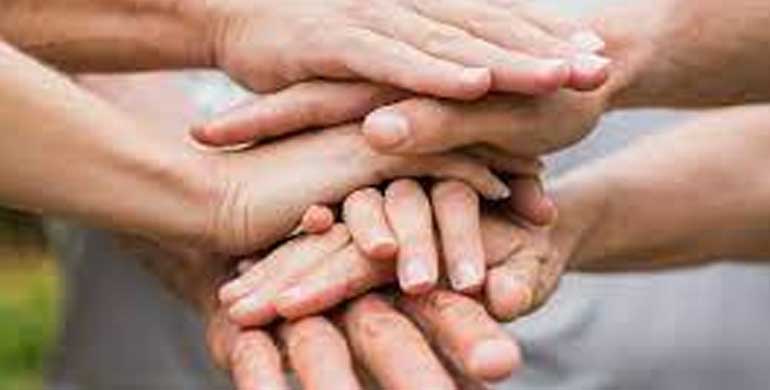Social Welfare is Everybody's Responsibility

11 Nov, 2023
Social Welfare is Everybody's Responsibility
The statement "Social welfare is everybody's responsibility" reflects the idea that ensuring the well-being of individuals and communities is a shared responsibility that extends beyond the role of government alone. It emphasizes the collective duty of individuals, communities, businesses, non-governmental organizations (NGOs), and governments to contribute to the welfare of society. Here are some key points supporting this perspective:
1.) Community Involvement: Individuals and communities play a vital role in fostering social welfare. Engaging in community service, volunteering, and supporting local initiatives are ways in which people can actively contribute to the well-being of others.
2.) Corporate Social Responsibility (CSR): Businesses and corporations have the potential to positively impact society through ethical business practices, fair employment, environmental sustainability, and philanthropic activities. Many companies recognize the importance of giving back to the communities in which they operate.
3.) NGO and Non-Profit Contributions: Non-governmental organizations (NGOs) and non-profit organizations often play a crucial role in addressing social issues. They may provide direct services, advocate for policy changes, and mobilize resources to support vulnerable populations.
4.) Government Policies: While individual and community efforts are essential, governments play a central role in shaping policies and programs that promote social welfare. This includes the development and implementation of social safety nets, healthcare systems, education policies, and other initiatives aimed at improving overall societal well-being.
5.) Global Cooperation: In an interconnected world, addressing global challenges, such as poverty, climate change, and health crises, requires international collaboration. Countries, organizations, and individuals can work together to find solutions to issues that transcend national boundaries.
6.) Empathy and Compassion: Recognizing the shared humanity and interconnectedness of individuals fosters a sense of empathy and compassion. These values can drive people to take actions that contribute positively to the well-being of others.
7.) Advocacy and Social Movements: Advocacy for social justice and participation in social movements are powerful ways for individuals to influence systemic change. By raising awareness and advocating for policy improvements, people can contribute to creating a more just and equitable society.
In summary, the idea that social welfare is everybody's responsibility underscores the notion that creating a better society is a collaborative effort. It encourages a sense of shared responsibility, urging individuals, communities, businesses, and governments to work together to address societal challenges and promote the well-being of all members of the community.




